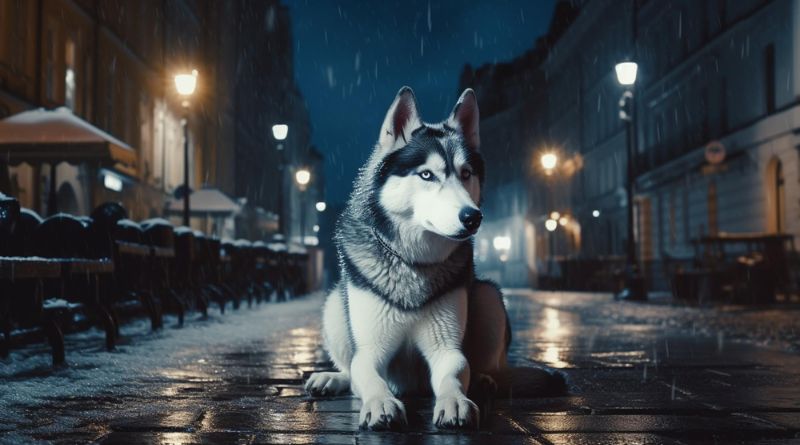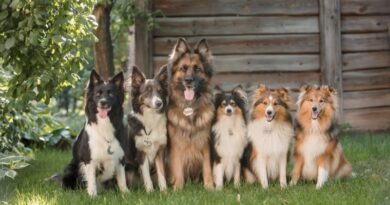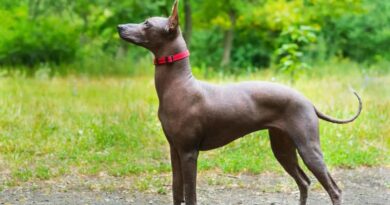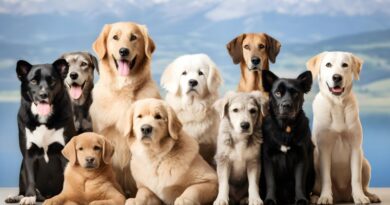Dog Breeds You Dont Want to Meet in a Dark Alley – Embark on a journey through the canine underworld as we unveil “10 Dog Breeds You Don’t Want to Meet in a Dark Alley.” Our curated list goes beyond the ordinary, shedding light on breeds that evoke a mix of fear and fascination.
From the imposing Rottweiler to the mysterious Belgian Malinois, each entry is a testament to the diverse world of dogs. Whether you’re a dog enthusiast or simply curious, this blog will delve into the reasons behind their intimidating reputation and provide insights into their true nature. Get ready to navigate the shadows and discover the intriguing stories behind these formidable canines.
10 Dog Breeds You Dont Want to Meet in a Dark Alley
Rottweiler:
Standing as a symbol of strength and loyalty, the Rottweiler is a breed renowned for its protective instincts. With a powerful build and a confident demeanor, this German-origin dog can be intimidating to those unfamiliar with its friendly and affectionate nature. Proper training is essential to channel its energy positively. While they make excellent family guardians, encountering a Rottweiler in a dark alley may evoke a sense of caution due to their imposing presence. However, responsible ownership and socialization are key factors in ensuring a well-mannered and balanced Rottweiler.
Also Read:- Best Exercises That Your Puppy Needs
Belgian Malinois:
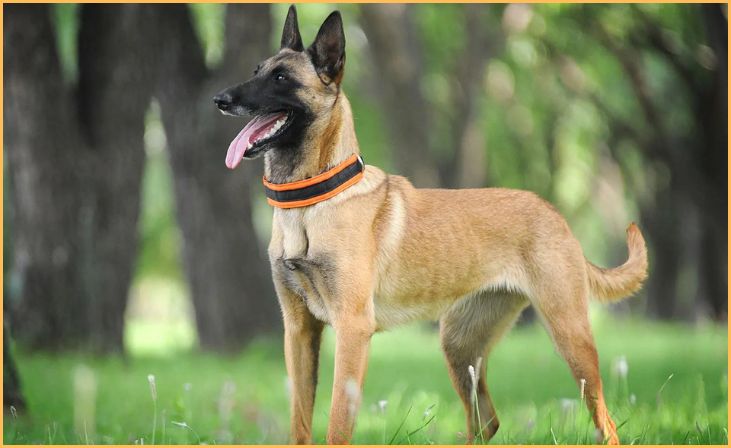
Known for their unwavering work ethic and intelligence, Belgian Malinois often serve in police and military roles. With a sleek and agile frame, they are both powerful and quick, making them a force to be reckoned with. In a dark alley, their alertness might be misinterpreted as aggression. However, beneath the vigilant exterior lies a breed that forms strong bonds with its family. Adequate mental and physical stimulation, along with consistent training, is crucial to prevent any potential behavioral issues. With the right guidance, the Belgian Malinois can be a loyal and devoted companion.
Pit Bull:
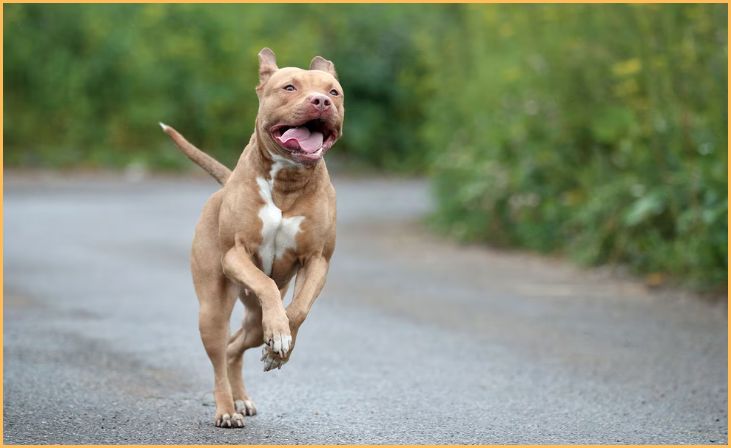
The term “Pit Bull” encompasses several breeds, such as the American Pit Bull Terrier and Staffordshire Bull Terrier. Known for their muscular build, these dogs have unfortunately gained a reputation that doesn’t reflect their true nature. In a dark alley, the mere mention of a Pit Bull might invoke fear, yet many are affectionate, gentle, and highly trainable. This breed thrives on positive interactions and socialization, making them wonderful family pets when raised with love and care. Understanding that responsible ownership is paramount can help dispel myths surrounding Pit Bulls and showcase their loving disposition.
German Shepherd:
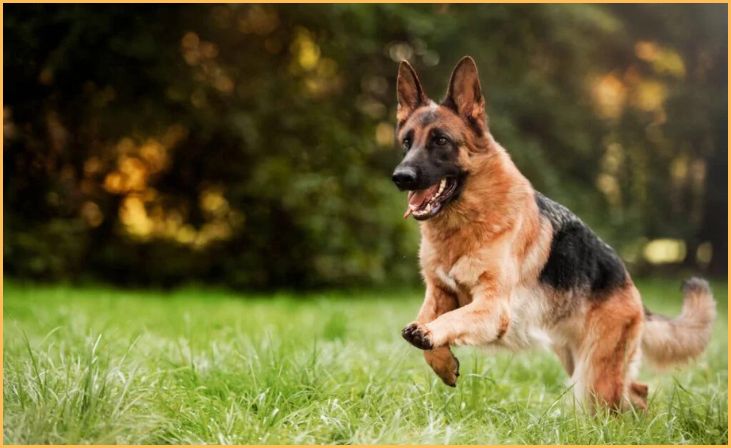
Renowned for their intelligence, versatility, and unwavering loyalty, German Shepherds are often used as police and service dogs. In a dimly lit alley, their imposing stature and focused expression can be intimidating. However, these traits are part of what makes them exceptional protectors. With early socialization and consistent training, German Shepherds can be gentle giants, forming strong bonds with their families. Recognizing their need for mental stimulation and physical activity is essential to ensure they thrive in a domestic setting, dispelling any concerns about encountering them in less-than-ideal conditions.
Also Read:- Cute Pictures of French Bulldogs
Doberman Pinscher:
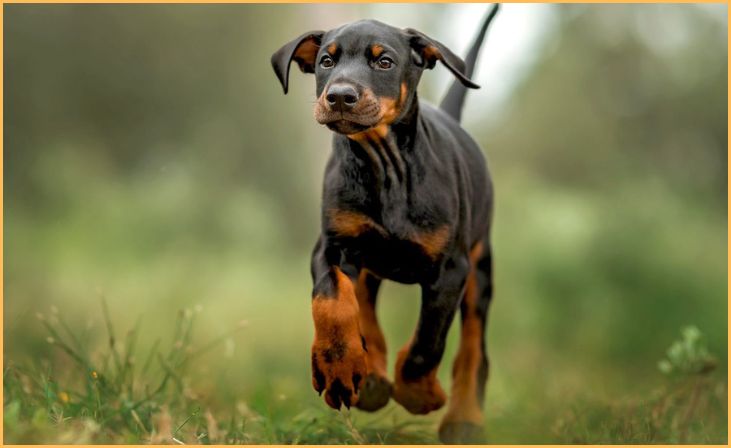
The Doberman Pinscher, with its sleek appearance and undeniable athleticism, exudes an air of authority. Often chosen as a guard dog, they are known for their loyalty and intelligence. In a dark alley, their alertness may be misconstrued as aggression. However, a well-trained Doberman is a devoted and loving companion. Early socialization and positive reinforcement are crucial to shaping their behavior positively. While their protective instincts make them an excellent choice for guarding, understanding the importance of exposing them to various environments can ensure they remain well-mannered in any situation.
Bullmastiff:
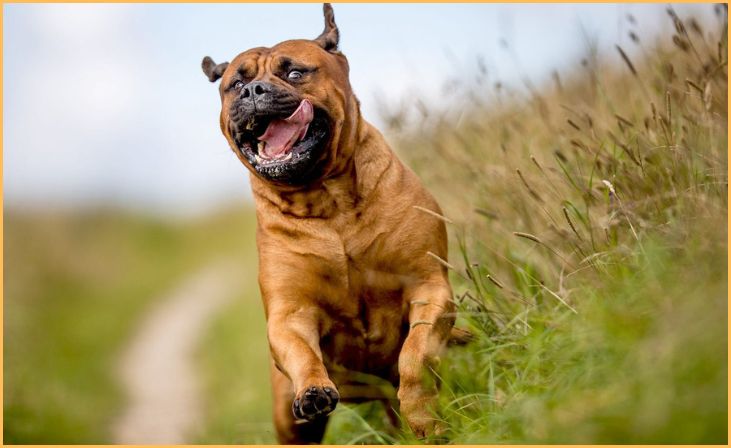
The Bullmastiff, a formidable presence, combines strength with a gentle temperament. In a dimly lit alley, their muscular build might be intimidating, but their inherent protectiveness towards their family is unmatched. Originally bred to guard estates, this breed is known for its docile nature and affectionate demeanor. Early socialization is crucial to prevent any potential aloofness, allowing their natural guardian instincts to shine positively. With proper training, the Bullmastiff can be a loving and loyal companion, dispelling any apprehensions one might have about encountering them in darker settings.
Boxer:
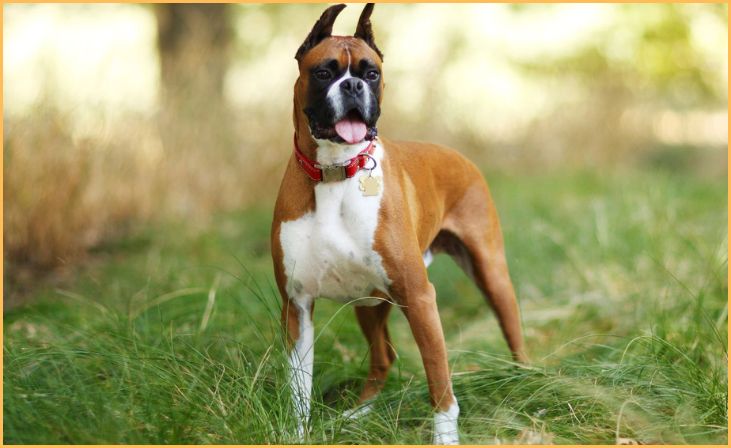
With their playful nature and distinctive appearance, Boxers may seem less intimidating, yet their strength and agility make them a noteworthy presence. In a dark alley, their boundless energy might be misconstrued. However, Boxers are known for their friendly disposition and love for human interaction. This breed thrives on positive reinforcement and consistent training. Their protective instincts, combined with a natural love for children, make them an excellent choice for families. Understanding their need for physical exercise and mental stimulation ensures a well-balanced Boxer, making encounters in dark alleys less foreboding.
Akita:
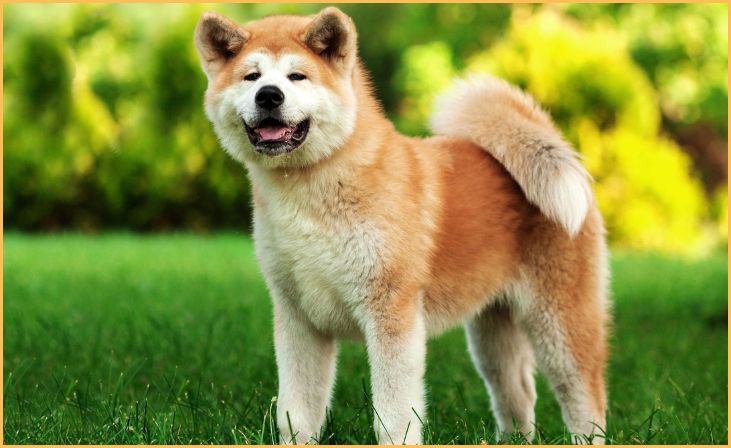
Hailing from Japan, the Akita is a dignified and powerful breed with a distinctive curled tail and bear-like face. In a shadowy setting, their stoic demeanor might be misunderstood. However, Akitas are known for their loyalty and strong bond with their family. Early socialization is crucial to ensure they remain well-behaved, especially in unfamiliar environments. With proper training and consistent positive reinforcement, Akitas can be affectionate companions. Their reserved nature contributes to their allure, making them a breed that commands respect but also capable of forming deep connections with those they trust.
Cane Corso:
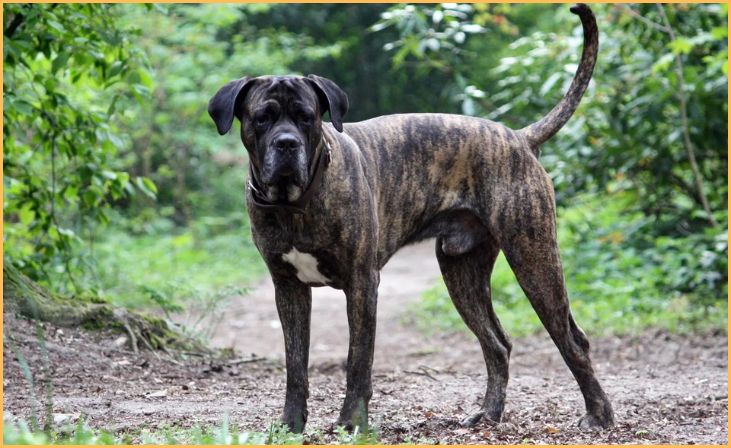
The Cane Corso, an Italian mastiff breed, boasts a robust physique and a protective instinct. In a dark alley, their muscular stature may appear imposing, but their gentle disposition towards their family is undeniable. This breed requires early socialization and obedience training to ensure they grow into well-behaved adults. With a history as a guard dog and a loyal companion, the Cane Corso’s affectionate nature shines through with proper care. Understanding their need for consistent leadership and positive reinforcement is essential, dispelling any fears about encountering them in less illuminated surroundings.
Also Read: Facts About Dogs
Chow Chow:
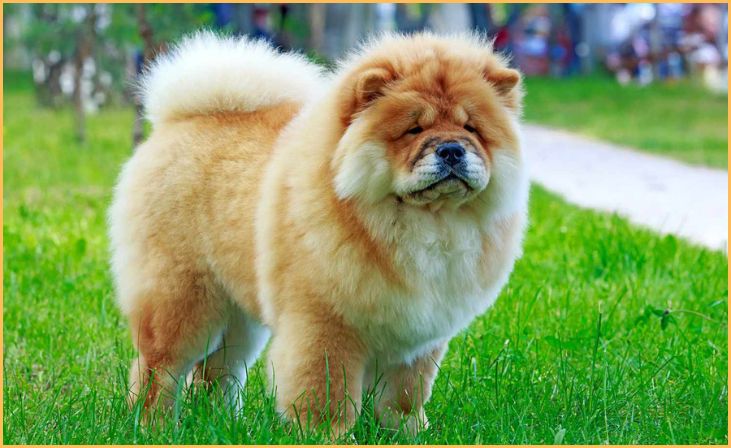
The Chow Chow, with its lion-like mane and distinctive blue-black tongue, presents an intriguing figure. In a dimly lit alley, their aloof and independent demeanor may be misconstrued as unfriendliness. However, Chows are known for their loyalty to their family. Socializing them early on is important to make sure they are comfortable in a range of settings. This breed’s unique characteristics, including their dignified demeanor and cleanliness, make them a fascinating companion when given the right guidance. While they may seem reserved, Chows can form strong bonds, dispelling any notions of them being a breed to avoid in darker environments.
Conclusion
As we conclude our exploration of “10 Dog Breeds You Don’t Want to Meet in a Dark Alley,” it’s essential to remember that every dog is unique. While some breeds may have a formidable reputation, responsible ownership, training, and socialization can transform them into loyal companions. Approach each canine encounter with an open mind and a heart ready for understanding. The shadows may hold surprises, and these breeds, with the right care, might just become the loyal guardians you never knew you needed.
FAQs
No, not all the listed breeds are inherently dangerous. A dog’s behavior is affected by many things, such as its training, education, and personality. Responsible ownership plays a crucial role in shaping a dog’s behavior.
Yes, many of these breeds can be excellent family pets with proper training, socialization, and responsible ownership. Understanding their specific needs and characteristics is key to fostering a positive relationship with these remarkable dogs.

